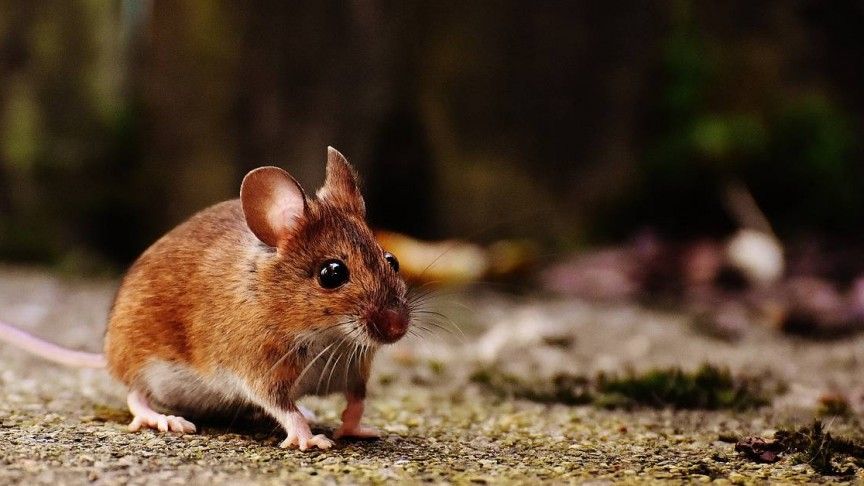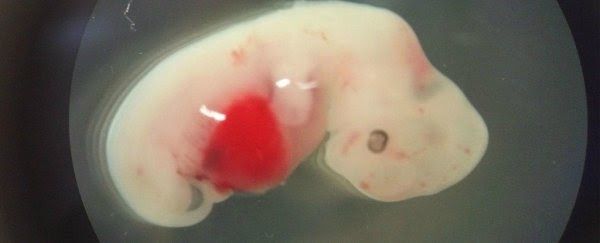Jan 27, 2019
Microsoft, MIT help self-driving cars learn from AI ‘blind spots’
Posted by Genevieve Klien in categories: robotics/AI, transportation
A collaboration of researchers from MIT and Microsoft have developed a system that helps identify lapses in artificial intelligence knowledge in autonomous cars and robots. These lapses, referred to as “blind spots,” occur when there are significant differences between training examples and what a human would do in a certain situation — such as a driverless car not detecting the difference between a large white car and an ambulance with its sirens on, and thus not behaving appropriately.


















